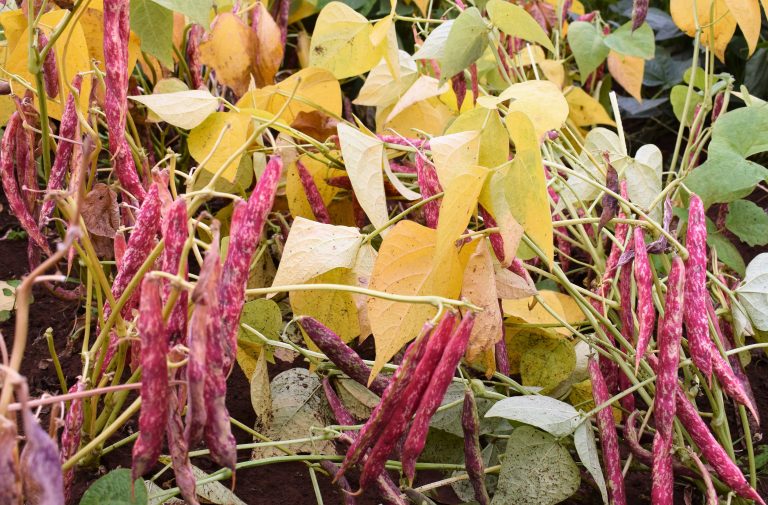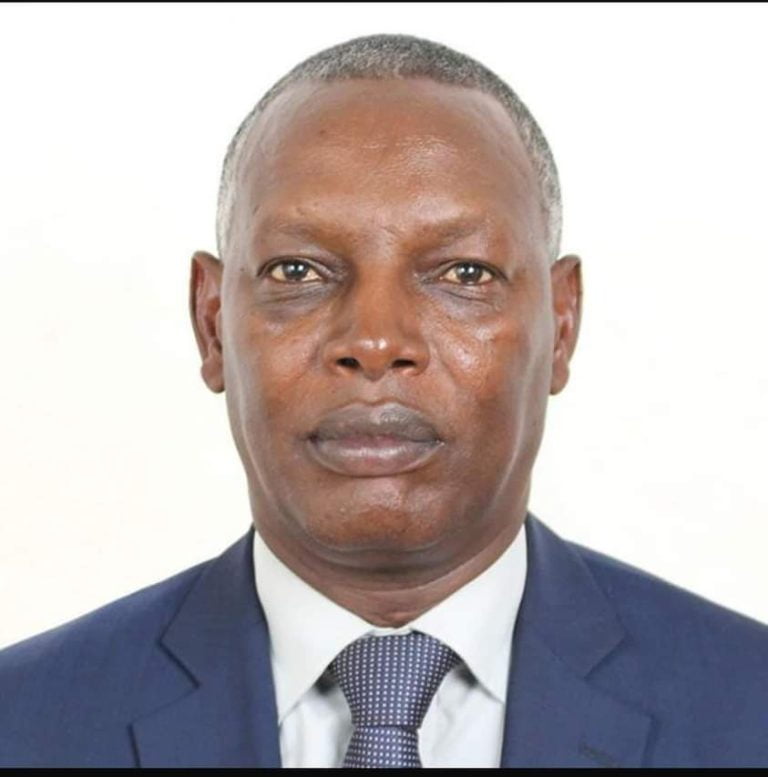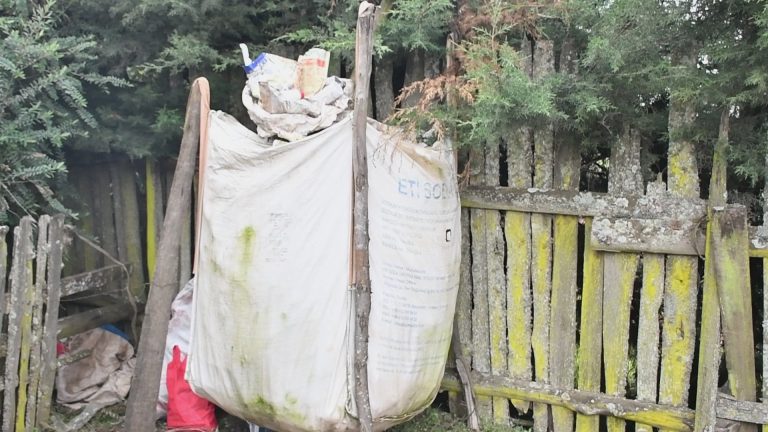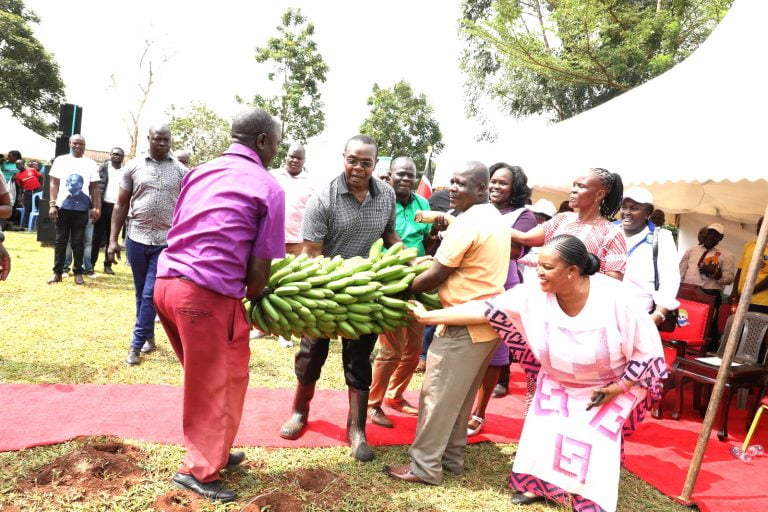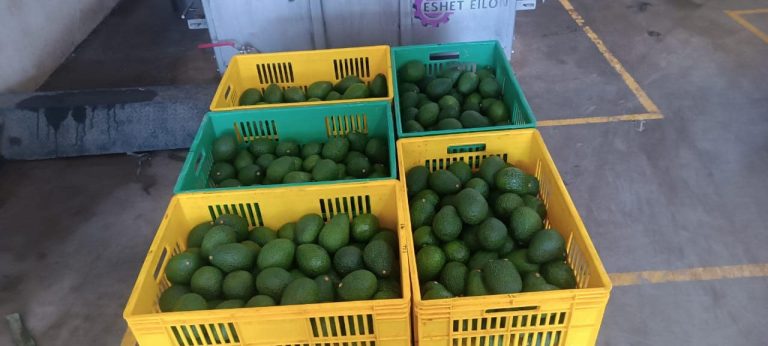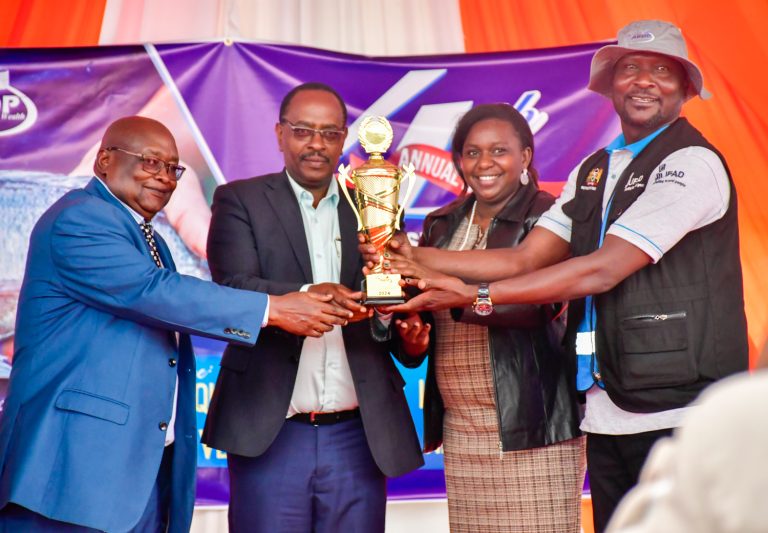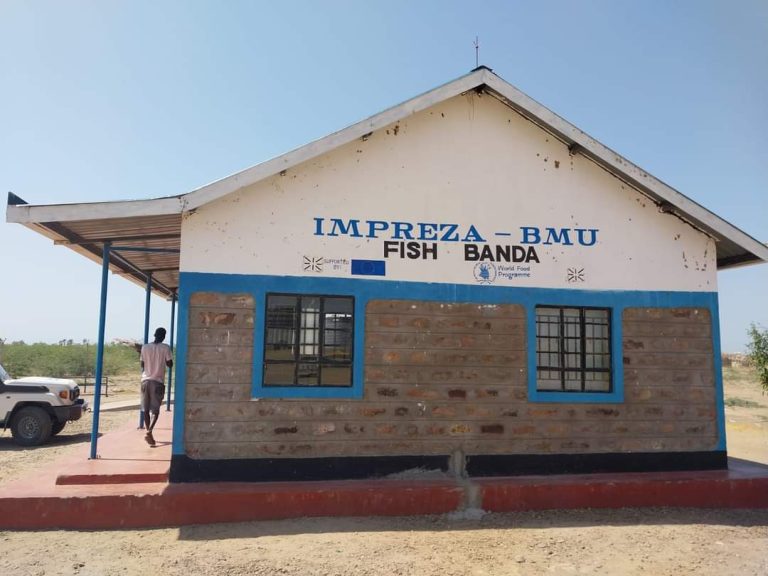Soil testing is an important process for farmers who are serious about getting returns from their ventures. Soil testing is the analysis of soil samples to determine the nutrient and contamination levels, composition, and other characteristics such as acidity or pH level. Soils contain the nutrients, water, and living organisms that help create healthy and sustainable farms. With this information, farmers are able to know the quantity of fertilizer to use in their farms and also the exact type that is needed for application to improve the soil on their farms.
For a long time, the practice has not been adopted to the desirable levels by Kenyan farmers especially the smallholder ones. But with new technology coming up daily, it seems the situation is changing slowly as more farmers embrace soil testing and the awareness is growing. Initially, the soil testing process used to take a minimum of five working days from soil sample collection to getting results.
AgroCares is a Dutch-based company that develops nutrient testing devices using sensor technology and applications for interpretation and visualization of the results in Soil, Leaf as well as Feed Analysis. With the AgroCares soil Scanner, a soil test can be done in the field within 5 minutes and shared with the farmer on the spot. AgroCares scanner allows the service provider to identify for a smallholder farmer, in less than 10 minutes and directly in the field, the best combination of fertilizers for its selected crops. The Scanner uses a Near-Infrared Spectrometer (NIR) with a mobile phone application that can predict general levels of pH, N, P, K, CEC, and Soil Organic matter. Fadhili Africa is the local representative and implementing partner of AgroCares in Kenya.
Bernard Ndung’u the Fadhili Africa’s Managing Director says the new technology has made soil testing much easier and more convenient which has encouraged more farmers to have their soil tested. Apart from the long process that was involved before, he cites lack of sensitization to farmers as the next main reason for the slow uptake of the practice by smallholder farmers. “With the decline of extension services in the country, soil testing was almost forgotten by smallholder farmers. The fact that the few available extension farmers are not young made it even harder for young farmers to relate with them. But we are also playing our part in sensitizing farmers on the importance of soil testing together with our partners,” says Ndung’u.
Fadhili Africa has partnered with Digital Green is a global development organization that empowers smallholder farmers by producing short videos for use in extension services in training farmers. The two organizations that are participants in the Disruptive Agriculture Technology-One million farmer initiative by the World Bank have produced videos that educate farmers on the need of having their soil tested as well as showcasing the new soil testing technology. The videos are in English, Kiswahili, and Kikuyu languages. “This is playing a great role in giving the information especially to the young farmers out there who have embraced agribusiness. They are adopting the practice and these are good ambassadors to preach to their friends and even their parents,” quips Ndung’u.
“Soil analysis is a very critical component of any successful crop production initiative. The technology that Fadhili uses ensures farmers receive results immediately makes decision-making easier and faster. To ensure this message reaches more people we at Digital Green were pleased to partner with them in producing these videos,” says Henry Kinyua the Head of Digital Green in East Africa.
Some benefits of the soil scanner have been cited as scanning and result within 10 minutes on-the-spot; wireless and web-connected; easy to use with just one button; light-weighted and robust design; quite adaptable for field activities and cost-effective big data solution.



